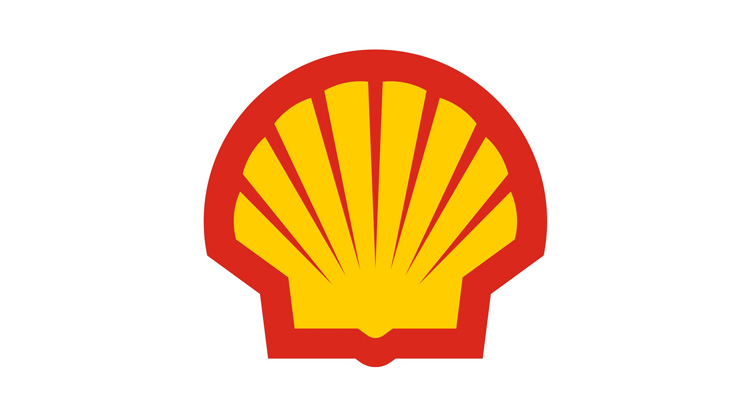The Shell Petroleum Development Company of Nigeria Limited (SPDC) has clarified its position on the over $1.3 billion sale of onshore oil stressed to Renaissance Consortium.
In a counter affidavit (suit number FHC/ABJ/CS/413/2024, dated May 24, 2024) seen by Nairametrics, SPDC said it “did not sell its onshore assets and facilities in Nigeria to anyone.”
This clarification follows six months after Shell Plc, SPDC’s parent company, announced it had reached an agreement to sell its Nigerian onshore oil assets to a local consortium for over $1.3 billion, pending government approval.
In 2021, Shell announced plans to divest its Nigerian onshore assets due to operational challenges, including theft and oil spills, which conflicted with its long-term energy transition strategy. After pausing the process in 2022, Shell resumed talks in mid-2023 to sell its 30% interest in SPDC.
The Nigerian government, under President Bola Tinubu’s administration, has been advised to finalise divestments to boost petroleum output. In May, the NUPRC established a framework to oversee such divestments.
However, civil society groups, led by Amnesty International, have urged the Nigerian government to block Shell’s proposed sale of its onshore oil business.
Renaissance Consortium, comprised of Petrolin Group, announced the signing of the transaction, expressing their commitment to supporting African business opportunities in the petroleum sector.
The counter affidavit comes amid a legal battle with Global Gas and Refining Limited, which has filed a suit against SPDC and the Nigerian Upstream Petroleum Regulatory Commission (NUPRC), seeking to halt the divestment.
Global Gas and Refining Limited approached the Federal High Court, Abuja, seeking an order to restrain NUPRC from approving or authorising the sale of SPDC’s assets. The company’s Executive Chairman, Mr. Kenneth Yelowe, stated that Global Gas had initiated arbitration proceedings against Shell for failing to supply wet gas as per a 2002 Gas Processing Agreement.
Yelowe argued that unless the court intervenes, the 2002 agreement could be jeopardised. He emphasised that the dispute is before the Supreme Court, and a sale of SPDC’s assets could leave Global Gas without a remedy.
In response, SPDC’s Legal Counsel, Mr. Kingsley Osuh, clarified that the transaction with Renaissance was a share sale, not an asset sale. He stated that SPDC’s shareholder sold its shares to Renaissance, not the onshore assets themselves.
Osuh emphasised that SPDC remains intact as a corporate entity, with all assets and operations continuing as usual. He noted that the share sale does not affect SPDC’s 30% interest in eighteen Oil Mining Leases (OMLs) within its joint venture operations.



